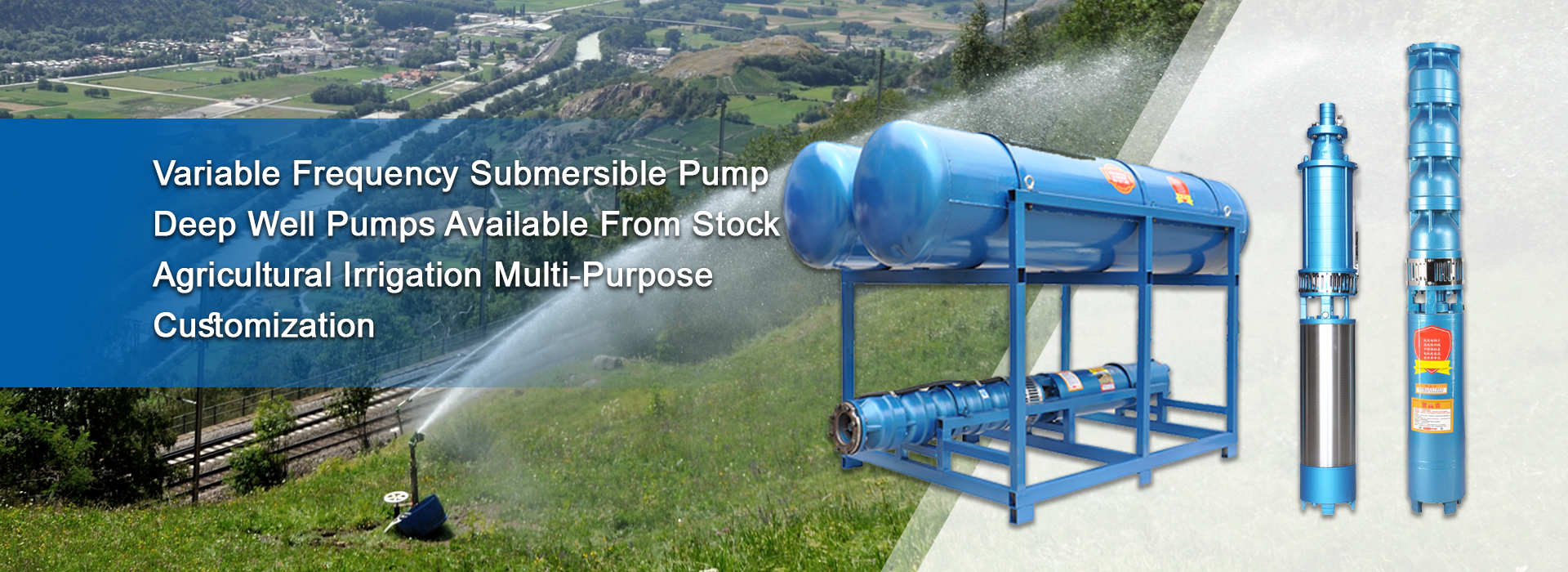Dis . 15, 2024 16:43 Back to list
deep well pump vs submersible
Deep Well Pump vs. Submersible Pump Understanding the Differences
When it comes to extracting water from deep underground sources, two popular technologies are often pitted against each other deep well pumps and submersible pumps. Each has its own set of advantages and disadvantages, making them suitable for varying applications. Understanding the fundamental differences between these two types of pumps can aid in making an informed decision for your specific needs.
Deep Well Pumps
Deep well pumps, often referred to as vertical turbine pumps, are designed for extracting water from deep wells with considerable depth. These pumps typically consist of a series of stages or impellers mounted on a long shaft. The motor is usually located above ground, which drives the pump through a vertical shaft extending down into the well.
Advantages of Deep Well Pumps
1. Ease of Maintenance Since the motor is situated above the ground, maintenance and repair tasks are relatively straightforward. Technicians can access the motor without having to pull the entire pump from the well.
2. High Efficiency Deep well pumps are known for their efficiency in moving large volumes of water from great depths. They are capable of handling high flow rates, making them suitable for agricultural irrigation or municipal water supply.
3. Versatility These pumps can be customized based on the specific requirements of the installation, allowing them to handle various well depths and water characteristics.
Disadvantages of Deep Well Pumps
1. Space Requirements Due to their construction, deep well pumps require more above-ground space for the motor and related equipment. This may not be feasible in all locations.
2. Installation Complexity The installation process tends to be more complex compared to submersible pumps. Professionals are often needed for setup, which can increase initial costs.
3. Noise Levels With the motor situated above ground, deep well pumps can produce more noise during operation, which may be a concern in residential or noise-sensitive areas.
deep well pump vs submersible

Submersible Pumps
Submersible pumps are designed to operate submerged in water, typically within the well itself. These pumps are compact and consist of a water-tight motor that is sealed to prevent ingress of water. The pump pushes water to the surface through a pipe.
Advantages of Submersible Pumps
1. Space Efficiency Since submersible pumps are located below ground level, they require minimal above-ground space. This feature makes them an excellent choice for areas with limited space.
2. Quiet Operation Being submerged in water helps to dampen the noise produced during operation, making them a more suitable option for residential areas where noise might be an issue.
3. Reduced Risk of Damage Submersible pumps are generally less exposed to external elements such as dust and debris since they are located underwater, which can lead to a longer lifespan and lower maintenance requirements.
Disadvantages of Submersible Pumps
1. Difficult Maintenance When maintenance or repairs are needed, submersible pumps must be pulled from the well, which can be a labor-intensive task and may necessitate professional assistance.
2. Limited Flow Rates Submersible pumps typically have lower flow rates when compared to deep well pumps, making them less suitable for applications requiring high volumes of water.
3. Motor Vulnerability While the seals are designed to keep water out, any failure can cause the motor to become inundated, potentially resulting in costly repairs or replacement.
Conclusion
In conclusion, the choice between a deep well pump and a submersible pump largely depends on the specific application and requirements of the user. Deep well pumps are ideal for high-efficiency, high-flow applications where maintenance access is a priority. Conversely, submersible pumps offer space-saving designs and quiet operation but can be more challenging to maintain. Understanding these key differences can help you determine the best solution for your water extraction needs. Whether you're tapping into groundwater for agricultural use or providing a reliable supply for your home, the right pump can make all the difference in ensuring efficiency and performance.
-
Submersible Water Pump: The Efficient 'Power Pioneer' of the Underwater World
NewsJul.01,2025
-
Submersible Pond Pump: The Hidden Guardian of Water Landscape Ecology
NewsJul.01,2025
-
Stainless Well Pump: A Reliable and Durable Pumping Main Force
NewsJul.01,2025
-
Stainless Steel Submersible Pump: An Efficient and Versatile Tool for Underwater Operations
NewsJul.01,2025
-
Deep Well Submersible Pump: An Efficient 'Sucker' of Groundwater Sources
NewsJul.01,2025
-
Deep Water Well Pump: An Efficient 'Sucker' of Groundwater Sources
NewsJul.01,2025
-
 Submersible Water Pump: The Efficient 'Power Pioneer' of the Underwater WorldIn the field of hydraulic equipment, the Submersible Water Pump has become the core equipment for underwater operations and water resource transportation due to its unique design and excellent performance.Detail
Submersible Water Pump: The Efficient 'Power Pioneer' of the Underwater WorldIn the field of hydraulic equipment, the Submersible Water Pump has become the core equipment for underwater operations and water resource transportation due to its unique design and excellent performance.Detail -
 Submersible Pond Pump: The Hidden Guardian of Water Landscape EcologyIn courtyard landscapes, ecological ponds, and even small-scale water conservancy projects, there is a silent yet indispensable equipment - the Submersible Pond Pump.Detail
Submersible Pond Pump: The Hidden Guardian of Water Landscape EcologyIn courtyard landscapes, ecological ponds, and even small-scale water conservancy projects, there is a silent yet indispensable equipment - the Submersible Pond Pump.Detail -
 Stainless Well Pump: A Reliable and Durable Pumping Main ForceIn the field of water resource transportation, Stainless Well Pump has become the core equipment for various pumping scenarios with its excellent performance and reliable quality.Detail
Stainless Well Pump: A Reliable and Durable Pumping Main ForceIn the field of water resource transportation, Stainless Well Pump has become the core equipment for various pumping scenarios with its excellent performance and reliable quality.Detail
